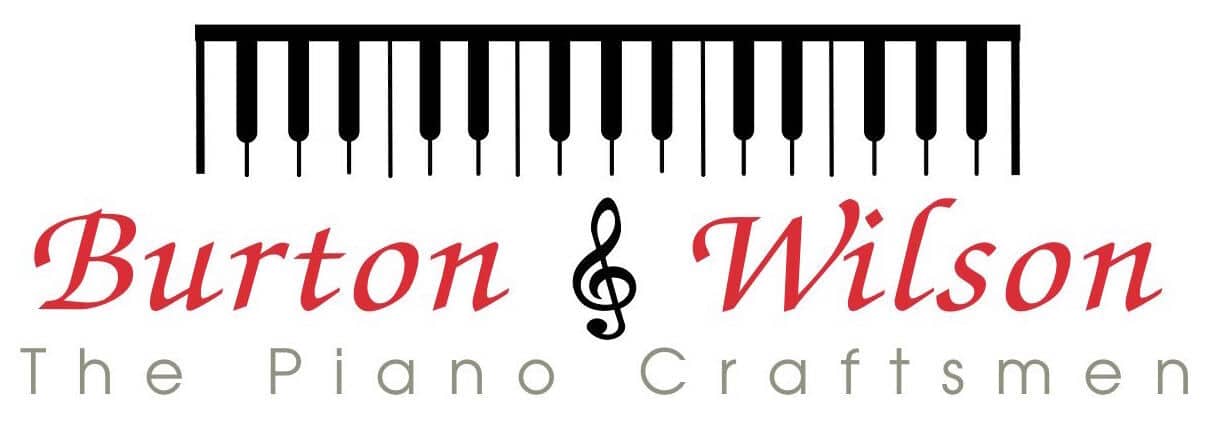Maintaining the health and longevity of your piano requires regular tuning and repair.
In this comprehensive guide, we’ll go into the importance of piano tuning and repair. Exploring how these essential maintenance tasks can preserve the quality and performance of your instrument for years to come.
From ensuring optimal sound quality to preventing costly damage, let’s uncover why piano tuning and repair are crucial for any piano owner.
Need Of Piano Tuning And Repair
Understanding how a piano operates and works can help you comprehend why it should be tuned regularly. Many people believe that when a piano is just sitting in a room and not used often, there is no need to tune it.
But, there is a better situation.
In reality, the tensions in piano strings affect the pitch of sound the strings play at. When tension changes, the pitch changes. If you press down on the keys on your keyboard, you will see an associated hammer. This hammer strikes the strings (or strings) it connects to.
The strings vibrate, and this generates the sound. The pitch is determined to be adequate for the sound’s frequency. When there are changes in the tension of the strings and pitch, they will show variations in pitch.
Tighter Strings Resonation
Tighter strings will resonate more frequently, resulting in a higher pitch outcome. A looser string vibrates at a lower rate, which pays off in a lower note.
An instrument is tuned with strings in the proper tension to generate a specific frequency level. The most popular method is to play A-440. This means that the A, above middle C, will vibrate at 440 Hz.
This means that it is vibrating at 440 times per second. If you alter tensions with the string tensions of the piano, they will not remain at the appropriate frequency and will cause the piano to drift into a trance.
Frequency of Tuning
The frequency of piano tuning depends on various factors, including the instrument’s climate, usage, and age.
In general, tuning a piano at least once or twice a year is recommended to keep it in optimal condition.
However, pianos in environments with extreme temperature and humidity fluctuations may require more frequent tuning to compensate for these changes.
The Importance of Piano Repair
In addition to tuning, piano repair addresses any mechanical or structural issues that may arise over time. Regular piano tuning and repair ensure that your piano functions smoothly and reliably, from sticky keys to broken strings.
Here are some standard repair services:
- Critical Regulation
Adjusting the alignment and responsiveness of the keys to ensure consistent touch and playability.
- Action Regulation
Fine-tuning the action mechanism to optimize critical movement and response.
- String Replacement
Replacing broken or worn-out strings to maintain proper tension and sound quality.
- Pedal Adjustment
Adjusting the pedals to control sustain, softness, and damping as desired.
- Structural Repairs
Addressing any cracks, warping, or damage to the piano’s frame, soundboard, or cabinet.
Temperature Impacts Piano Tuning
The temperature can fluctuate throughout the year; it’s typical for the wood on the piano’s body to grow or shrink.
This can result in different tension levels on the strings and cause them to go off-tune. If there are temperature fluctuations, it’s standard for your piano to cease performing at the proper frequencies.
This is why experts suggest tuning your piano at least twice yearly to ensure you can deal with the effects of temperature.
It is also a common practice to place the piano inside a controlled place, but this can be a challenge when you need to think about the comfort of people who are likely to be in the space.
Humidity Variations For Piano Tuning And Repair
Variations in humidity have a similar effect as temperature variations. The variations in humidity occur throughout every season, even if they’re noticeable.
Tuning your piano according to the fluctuation in moisture will ensure that your piano is in good tune. The winter months are when the ambient temperature may get significantly more frigid.
Colder air isn’t able to retain the humidity of warm air. This is why the winter air tends to be more humid than it is during warmer months. This could have a significant effect on the piano’s tuning.
How Often Do You Require Piano Tuning?
The amount of tune your piano requires will be contingent on several factors, such as the age of the piano.
You should tune the piano more frequently when it’s new, which may seem strange. You should tune your piano four times within the initial year of owning it.
After that, many experts suggest that you get the piano repair and tuning tuned twice every year.
This can benefit from the fluctuations in temperature and humidity that are normal throughout the year.
To ensure that your piano is in top condition, it’s essential to tune it at least once per year, although two times is usually more effective.
Strings Are Under Constant Tension
Many think a piano rarely played can be tuned only sometimes.
This isn’t the scenario.
The piano strings remain tense, even when you’re not playing it often. They are likely to be in suitable tension to be able to move a vehicle if the same amount of force is applied.
The constant stress can mean that the various components could cause fluctuations in tension, leading to an unbalanced piano.
Furthermore, humidity and temperature changes will affect the piano’s tuning regardless of whether the piano is played regularly or not.
Final Thoughts
Piano tuning and repair are vital in maintaining your instrument’s quality, performance, and longevity.
Regular piano repair and tuning ensures that your piano sounds its best, while repair services address any mechanical or structural issues that may arise over time.
By investing in professional piano maintenance, you can enjoy a lifetime of beautiful music and preserve the value of your instrument for generations to come.
Trust Burton & Wilson for all your piano tuning and repair needs, and let us help you keep your piano in perfect harmony.


 COCKTAILS & More
COCKTAILS & More